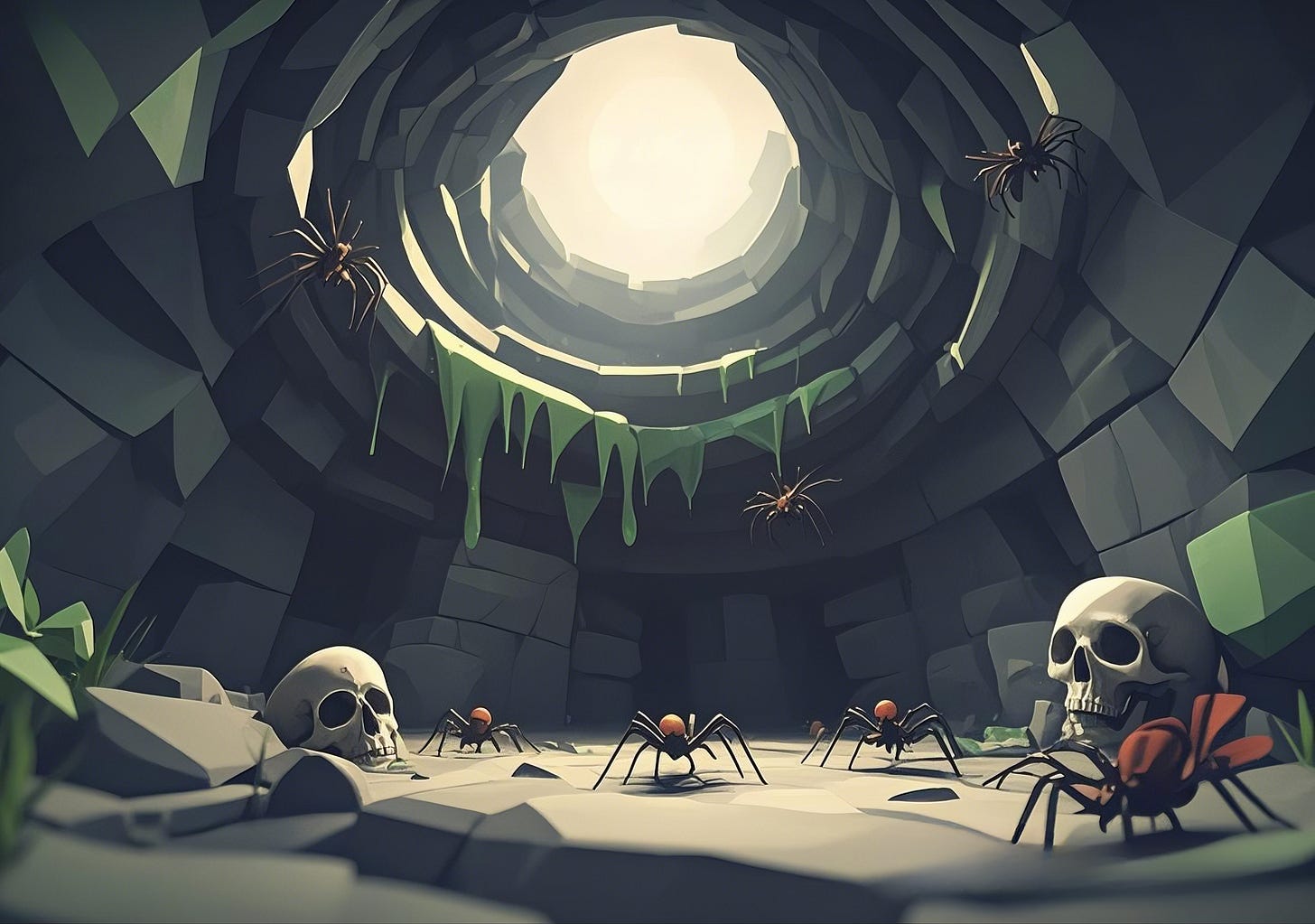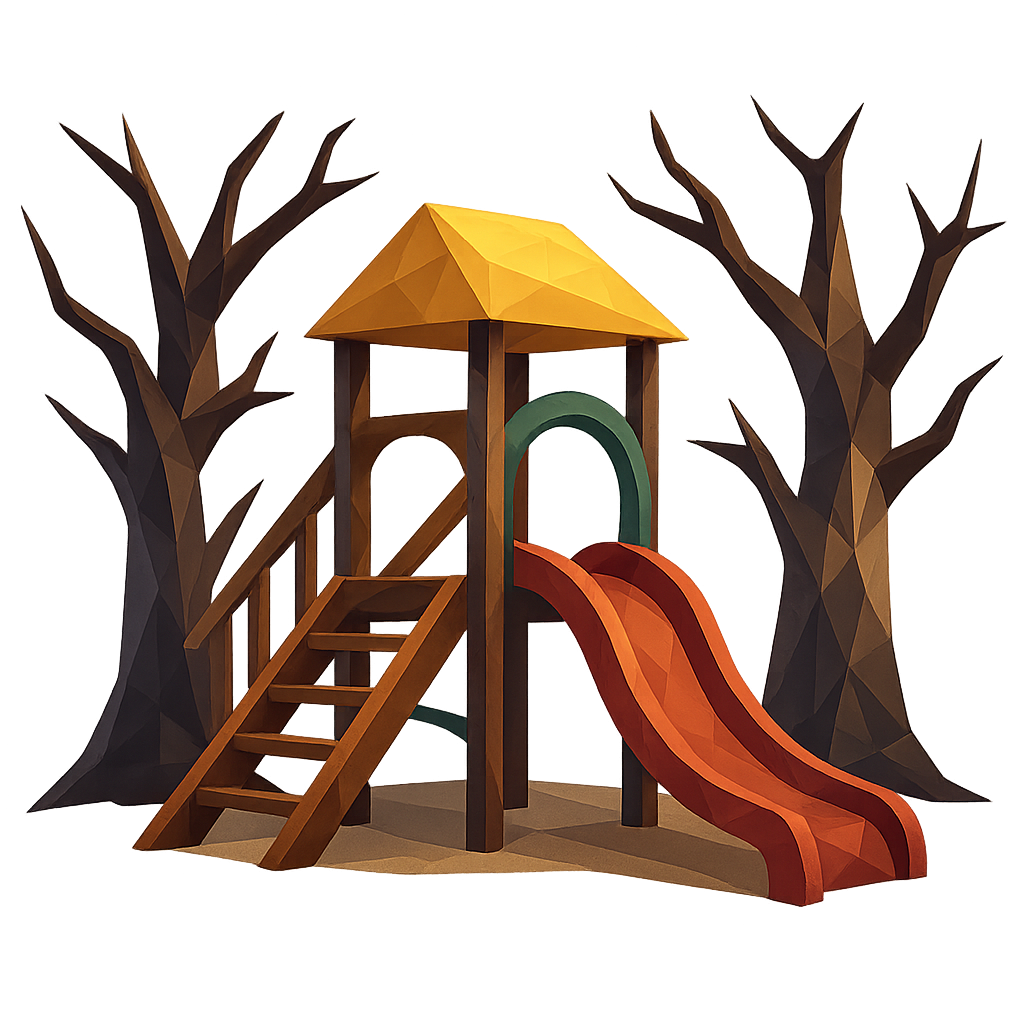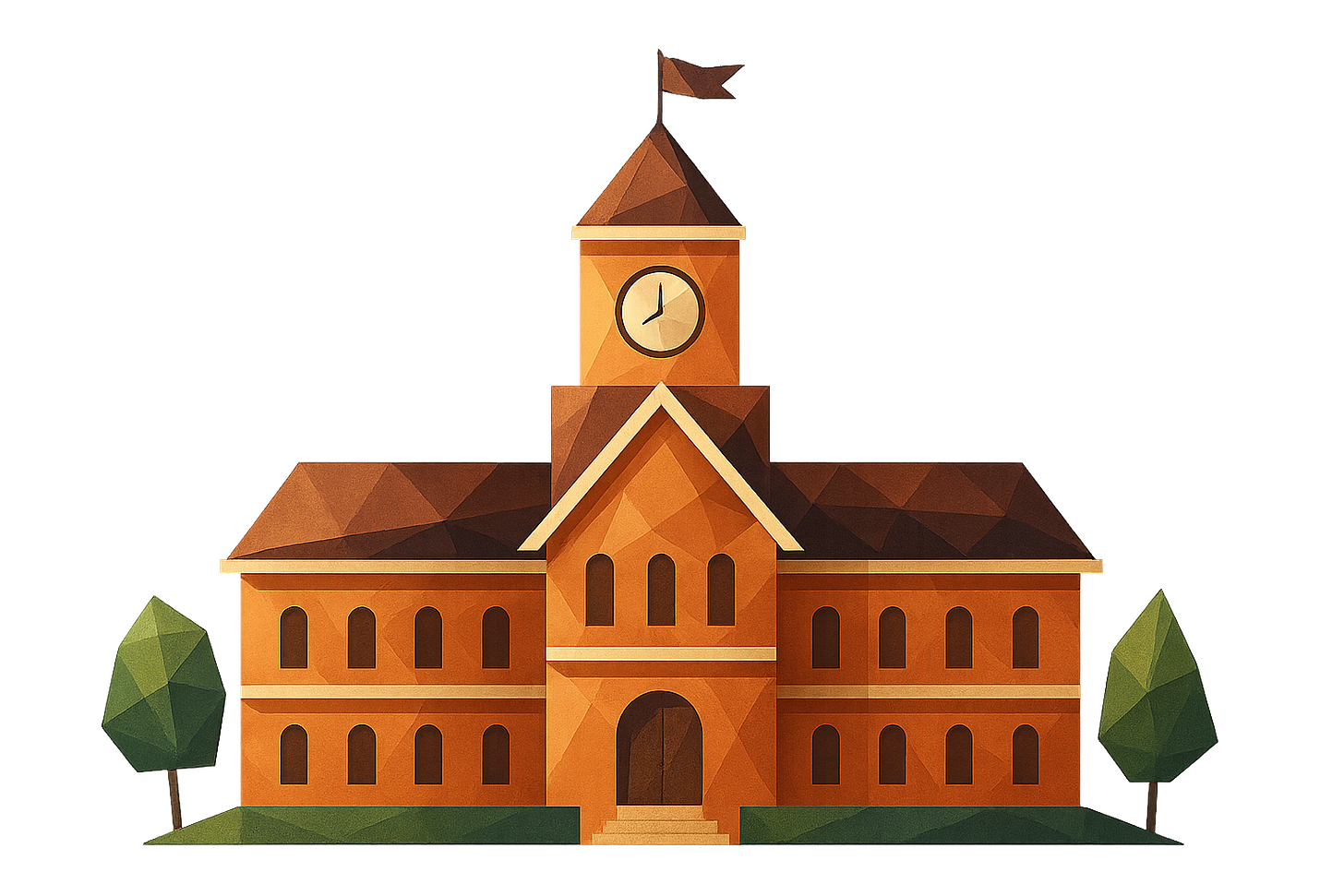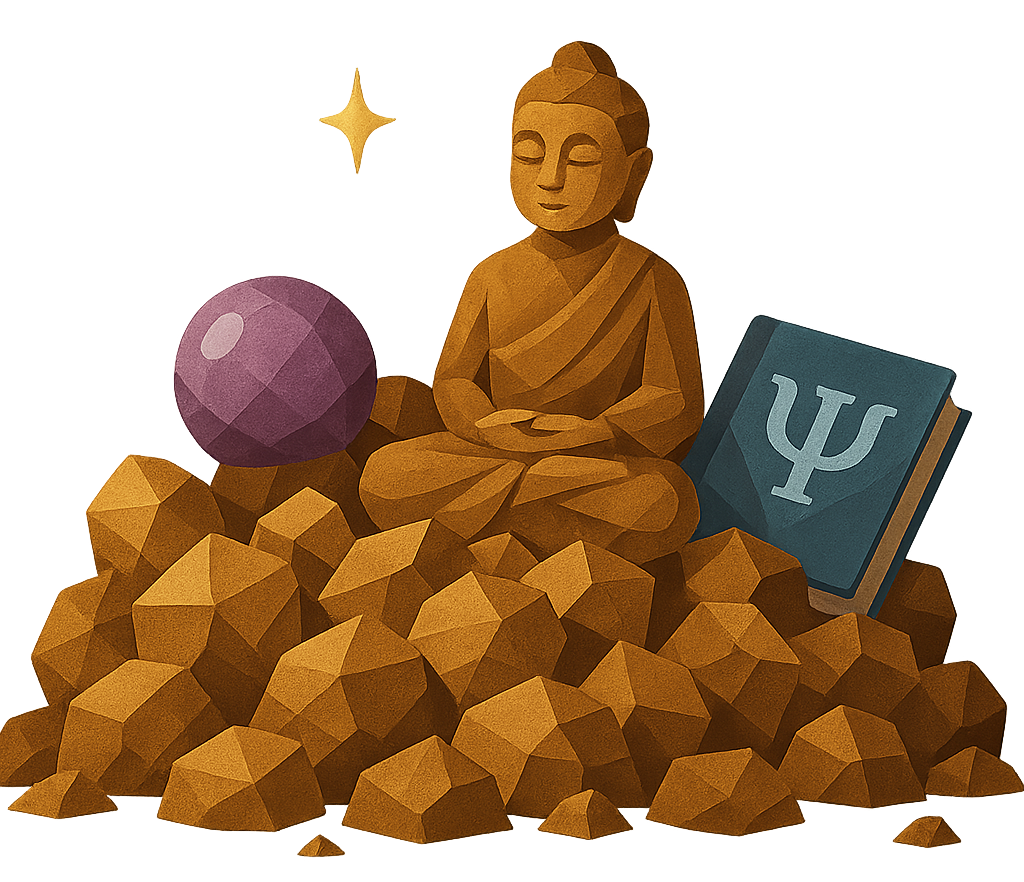Chasing High Vibes in Low Places
The Emotional Cost of Chasing Connection Through Success
Last week, I wrote about how the universe sends me soul-stirring connections not to keep, but to crack me open so I can crawl back to my laptop and create something profound.
But this week, I’m seeing it differently.
Less “thank you for the growth” and more “why the hell has my entire life been shaped by this gaping ache for connection I can never seem to keep?”
So far, my discovery is this:
I’ve spent my life chasing professional success—not for the success itself, but to gain proximity to good people.
Hold onto your hats—this is another sad one.
When Scarcity Steers the Whole Ship
When you learn lack early, you start making moves based on fear, not desire. And fear is a terrible captain.
My earliest memory of disconnection is on a daycare swing set at age three, clocking the vibe and thinking: These kids are feral. I'm doomed.
You see, my stay-at-home mother, bless her spiritually-aware soul, made the fatal error of providing excellent company.
She was what I'd call “energetically hygienic.”
She didn't projectile vomit her neuroses onto everyone in a five-foot radius, and she was protective of my little nervous system in a way most parents just aren’t conscious enough to be.
Wise to think ahead to my social development, she sent me to daycare a few days a week where I would reliably isolate myself on the swing set instead of mingling with my peers.
My energetically sensitive, neurodivergent ass found the other kids too loud and too chaotic, and so I’d spend the days counting down the hours until I could go home—back where the energy didn’t feel like sandpaper.
School: Where Dreams Go to Die
By the time grade school arrived, the survival algorithm changed: Do whatever it takes to avoid being alone—because loneliness equals bullying—but minimize the energetic toxicity you absorb in the process.
This wasn’t easy.
Coming from a working-class Australian town, my classmates weren't exactly radiating wellness; many of them had alcoholic, abusive, or neglectful parents.
Consequently, self-harm, eating disorders, and budding personality disorders surrounded me on all sides. And when puberty hit everyone at once, it was like being caught in a storm of other people’s suffering.
It got so bad, I tried to escape by following a friend who left for an arts college, only to get a massive dose of what I’d been trying to avoid—social ostracism.
I fled back to my original school after just nine weeks.
Forced back into the hormonal wilderness, I had to make the best of a bad situation. My strategy was to secure companionship in a boyfriend. Immediately.
It didn't matter who it was.
Using my ability to see the potential in anyone, I saw the good in a guy who wasn’t great and learned that dissociating while handing myself over as a sex object could solve my short-term problems.
The Most Painful Part? I Knew Better
This wasn't about low self-esteem—my mother had inoculated me against that particular plague. I could spot quality humans from across a room.
This was about learned scarcity.
My first crush at age twelve was kind, intelligent, and radiated what I'd now recognize as high-vibrational energy through his quiet, non-dogmatic Christianity.
This was before I had any spiritual beliefs myself, yet I remember staring dumfounded at him, thinking: You're it. You're exactly the caliber of human I need in my life.
Sadly, he barely knew I existed. Then he moved interstate.
“Just study your way into a good university,” I instructed myself—my skull banging against a headboard. “Better humans await.”
Happiness Begets Abundance
University delivered marginal improvements, and after dumping my boyfriend, I eventually snagged a sweet guy I'd been crushing on for four years.
Things were looking up.
And so, the universe responded the way it does—with happiness begetting abundance. I went on exchange to a top university in Tokyo and discovered just how spectacular human connection could be.
These weren't just university-level intelligent humans. They were funny, sexy, adventurous, and every other adjective that makes life worth living.
It was a semester-long experience so transcendent that I lived off the memory for three years, writing a novel just to process the withdrawal.
Returning to my regular life felt like going from IMAX to a broken television.
Nothing—not my relationship, not my friendships—felt nourishing compared to that peak experience, and so I grew depressed.
I left my boyfriend for another whose spark approximated what I'd experienced in Japan and planned to return to the country after graduation.
I didn’t make it back in the end, but it didn’t matter. Because when that long relationship ended in my late 20s, I discovered something surprising.
I was actually content in solitude.
In fact, I was suddenly the happiest I’d ever been. My career was kicking off, and I was convinced I was ready to be single forever...
But then the cycle repeated.
Once again, my happiness—like spoken magic words—attracted more abundance.
The connection I'd always craved—a spiritual guy who looked suspiciously like my twelve-year-old crush—materialized and then vanished, leaving me more hopeless than before.
It’s Always the Same
I find the good stuff, soak in it, and then lose it—thanks to life circumstances, geography, or divine comedy. Each time, I throw myself into work, fueled by one core belief:
If I succeed enough, I can earn my way into better rooms. Better circles. Better connections—romantic or otherwise. And maybe then, I won’t have to feel this pain anymore.
It’s been the unconscious driver behind nearly everything I’ve done, and last night, I realized something confronting.
My current efforts to build a spiritual business are tainted. It’s just the same goddamn thing in new packaging.
I figured this out by running a simple simulation:
Imagine you knew for a fact that everything you’re trying to build would never bring you the connection you long for. Would you keep going?
My motivation evaporated as my body responded with a firm “no.” And when my mind emptied with the dropping of everything I thought I wanted, one question remained.
“What the hell do I do now?”
The answer, apparently, is to cry, grieve, and sink into the emptiness.
No chasing. No transmuting. Just surrender.
With my motivation gurgling down the drain, I feel no momentum toward anything meaningful. This is depriving me of hope and making way for a despair that I’ve never slowed down long enough to feel.
I don’t have the energy to rebuild on yet another shaky foundation.
The way I see it, I have no choice but to do nothing—to wait and observe how deep this long-held ache for connection really goes.
Final Thoughts
I’m still in the messy middle of this, and so I don’t have a tidy takeaway.
Maybe this is the part of the hero’s journey where transcendence kicks in. Or maybe it’s just a depressive slump in a Thai condo.
All I know is—I’m grieving. Not just another muse, but the whole damn strategy.
If my ambition has always been a workaround for loneliness, the answer isn’t working harder—it’s grieving deeper, which is a tough pill to swallow.
Thanks for reading this particularly sad installment of The Aussie Mystic. I hope it inspires you to double-check that your ambitions aren’t just a cover for pain you’d rather avoid.
If this resonated—or you’d like to cheer me up—subscribe for what will hopefully be some less-sad reflections in the future.
That said, If I go quiet for a while, it’s because I’m still sitting in the wreckage, figuring out what’s worth rebuilding—and how. Thanks in advance for your patience.







